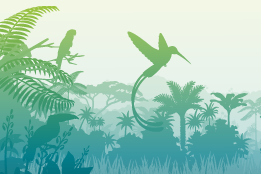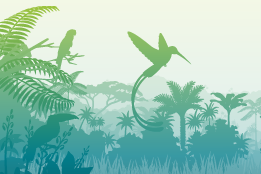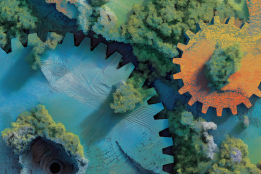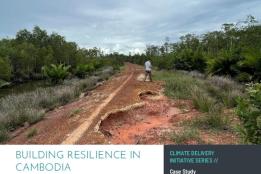When we launched the Nature, People, and Climate (NPC) Program in June 2022, the response was overwhelming, with 48 expressions of interest from 55 countries. This underscored the growing recognition that extreme weather events, ecosystem degradation, and poverty are interlinked. Nature can support building a resilient environment if it is well-protected, managed, and restored.
We selected seven countries and one region for the first round of NPC Program investments: Brazil, Egypt, Ethiopia, the Dominican Republic, Fiji, Kenya, and Rwanda, and the Zambezi River Basin Region (which includes Zambia, Malawi, Mozambique, Namibia, and Tanzania).
But what kind of investments should countries prioritize? And how can they ensure the projects deliver on national development goals from design to delivery?
To answer these questions, we brought together the teams involved in drafting the Investment Plans for Rwanda and the Dominican Republic. They discussed* the processes they followed, the projects they developed, and the lessons learned in designing and delivering their plans. These were the first to be endorsed under the NPC Program in 2024.
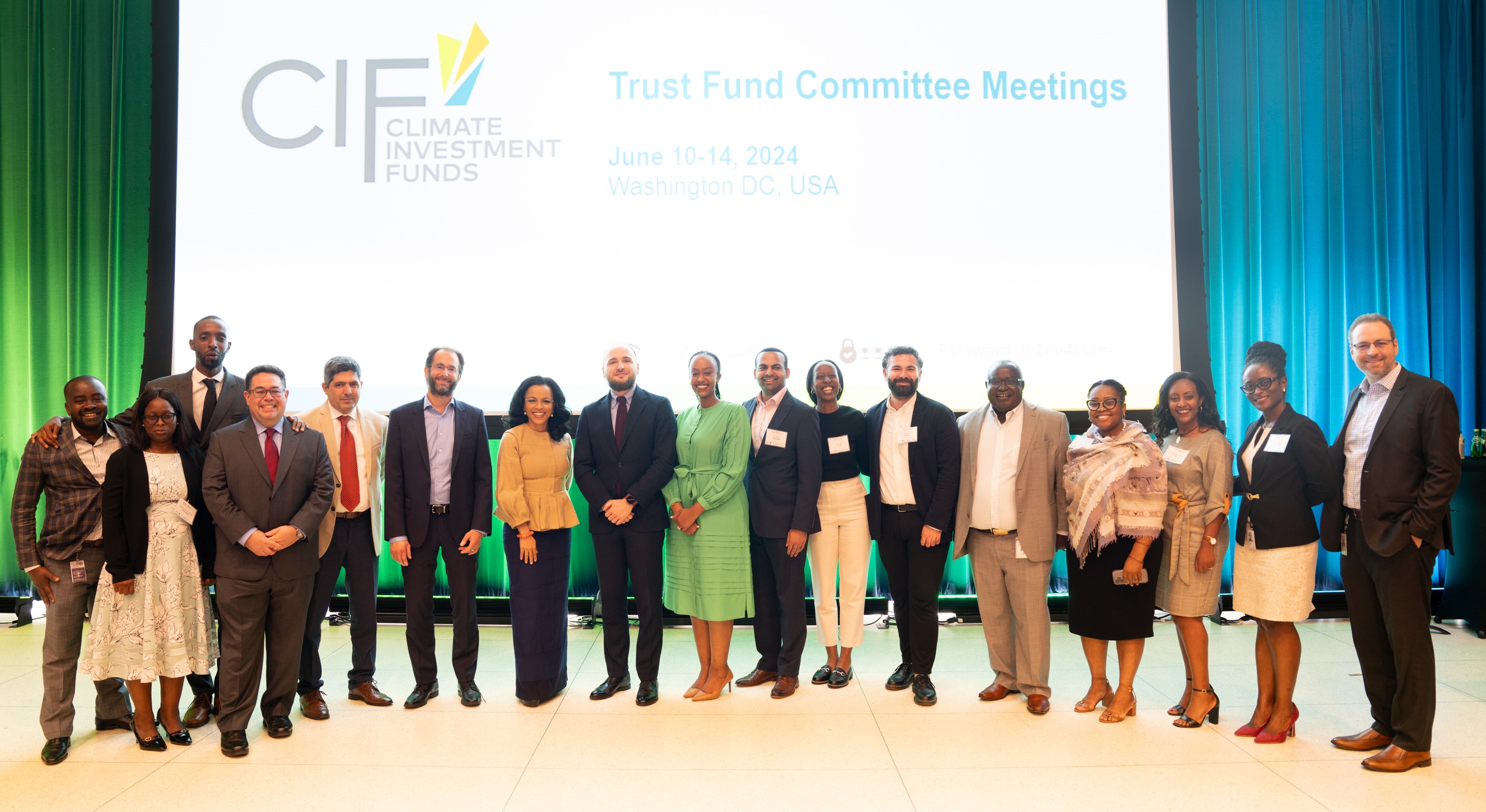
Rwanda’s “pretty intense” effort
For Rwanda, it was a “pretty intense” effort over two years, said Emilie Uwase Karibushi, Climate Finance Analyst at the Rwanda Green Fund. Rwanda could benefit from nature-based solutions (NbS) in many different ways, but her team knew that to achieve transformational impacts, it was crucial to be targeted and strategic.
Working across ministries, in close collaboration with the multilateral development banks (MDBs), the government decided to focus on the Southern Province, which has high poverty rates and severe flood and landslide risks. Investing in the region could also create a strategic biodiversity corridor between two major national parks: Volcanoes in the north, home to mountain gorillas, and Nyungwe in the south.
The plan was informed by a technical field trip in February 2024 and a workshop in Kigali, which included CIF, the Rwandan government, MDBs, and a variety of stakeholders from civil society and the private sector. The first draft was also opened for public comment to solicit wider input. The plan set out two projects: a $29 million, multi-pronged effort to invest in resilient landscapes and communities, and a $2 million project to advance Rwanda’s wildlife conservation bond initiative.
The plan is mobilizing an expected $207 million in co-financing, much of it by connecting with existing projects such as the $172 million Volcanoes Community Resilience Project, backed by the European Investment Bank (EIB), the World Bank, and the PROGREEN partnership.
“Rwanda is a relatively small country, so there are a lot of opportunities to leverage what is already happening,” said Elisson Wright, a senior environmental finance specialist at the World Bank. A key aspect of the success of the investment plan development process was that it scaled up on existing initiatives, from the Volcanoes project for example, to promoting nature-based tourism, to engaging with small-scale hydropower operators who could benefit from upstream interventions.
Dominican Republic’s vision spans “from ridge to reef”
The Dominican Republic’s investment plan, called “From Ridge to Reef,” focuses on the Yuna River watershed, which is home to a fifth of the country’s population, includes eighteen protected areas, and is the main rice and cacao-growing region. Rodrigo Fincheira, of the government’s Climate Change Council – highlighted the watershed’s greatest challenges: In the upper watershed, most residents are poor farmers, and the lack of soil conservation practices has led to widespread forest loss and land degradation. Deforestation and pollution in the upper and middle watersheds have also exacerbated flood risks in lowlands, while rising sea levels and extreme weather events are worsening coastal risks. In 2022, Hurricane Fiona caused massive floods and hundreds of millions of dollars in damage.
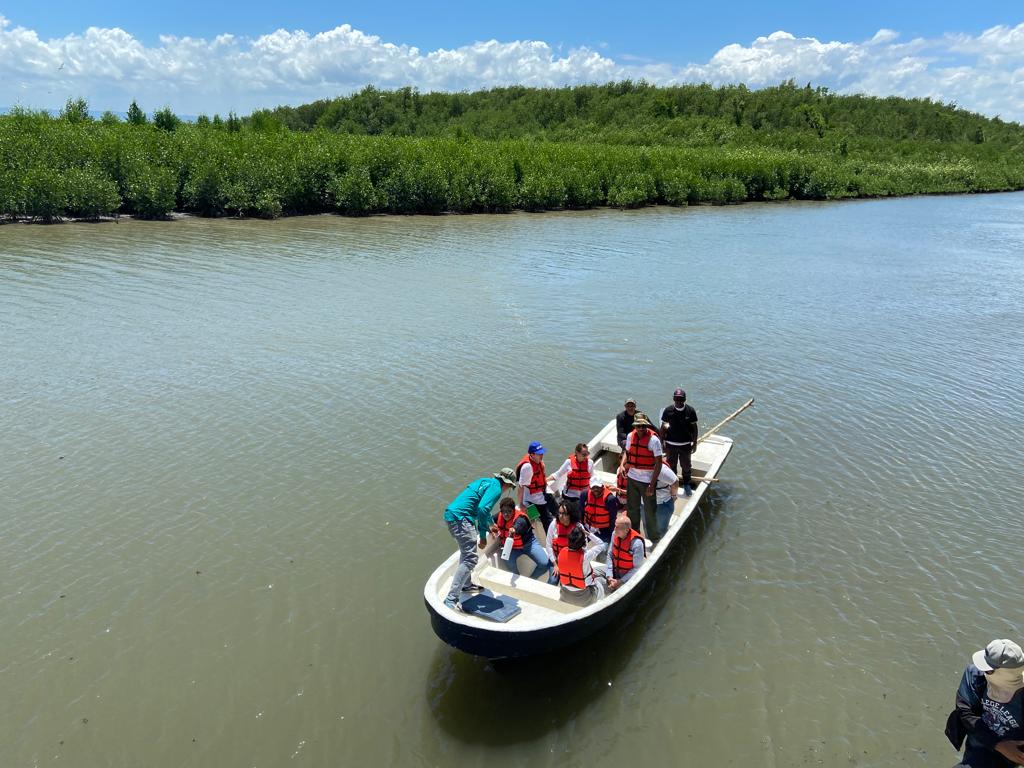
Working with the MDBs and extensive stakeholder engagement, the government designed two projects: a $17 million investment with the Inter-American Development Bank (IDB) to enhance institutional capacities and plans, implement various NbS strategies in the upper watershed, and create a payment for ecosystem services (PES) program, and a $17 million project with the World Bank to develop an ecotourism and blue economy strategy for the lower watershed and the mouth of the Yuna River. Co-financing for the two projects is about $290 million, Fincheira said.
Benoit Lefevre, of the IDB’s country office, noted that mapping the key stakeholders – public and private, large- and small-scale, civil society and local communities – was crucial and resulted in the “co-creation” of solutions. In every study commissioned for the Investment Plan, the consultant was mandated to go into the field to engage communities for feedback. “In the Dominican Republic, people are willing to participate and have strong ideas, so it was really an enriching process,” he said.
A trickier challenge raised in the discussion was how best to work with the private sector. Fincheira said this is “an ongoing process” that involves finding private sector players who understand the linkages between their production methods and natural resources, for example in agriculture, hydroelectricity, and ecotourism.
Supporting country ambitions
Supporting Rwanda and the Dominican Republic to develop their Investment Plans reflects CIF’s commitment to country-led planning. This includes diverse stakeholders and an emphasis on delivering efficient and effective finance that supports national development objectives.
Watch: What the full discussion here
* This story is based on discussions held during a webinar on September 9, 2024.

